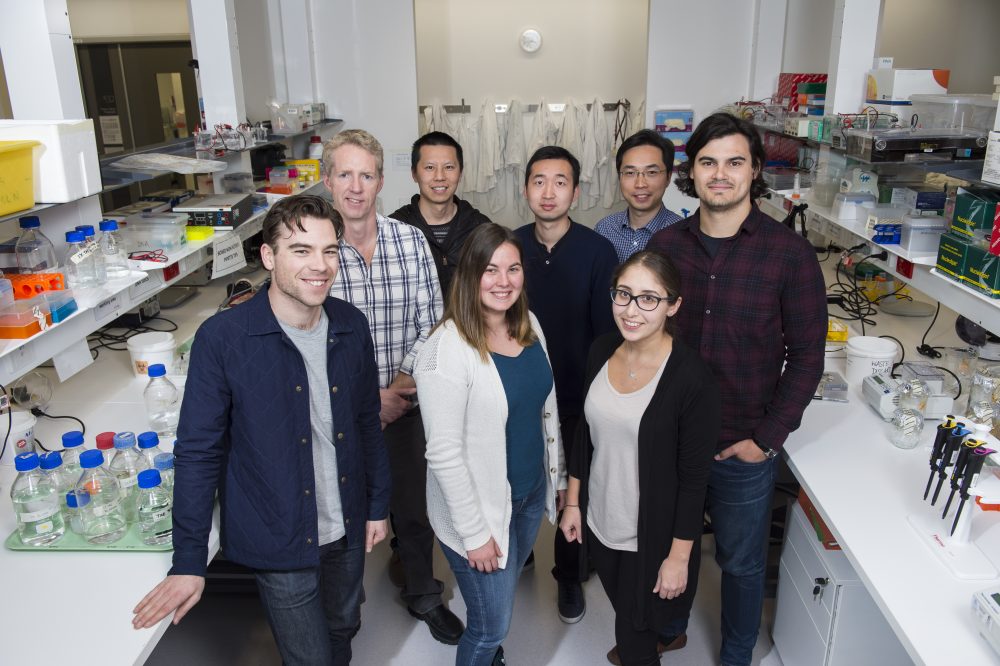Lead researcher
Professor Brendan Jenkins
Main finding
Toll-like receptors (TLRs) are one of the best characterised families of pattern recognition receptors (PRRs) and play a critical role in the immune response to infection. Accumulating evidence indicates that TLRs also participate in maintaining tissue homeostasis, as well as promoting anti-tumor effects via activation and modulation of adaptive immune responses. TLR agonists (TLR signalling activators) have successfully been exploited to augment the efficacy of various cancer therapies. In this review, we discussed the rationales of using TLR agonists as adjuvants to cancer treatments and summarised the recent findings of preclinical and clinical studies that explored the use of TLR agonism-based cancer therapies.
Centre
Centre for Innate Immunity & Infectious Diseases
Research group
Cancer and Immune Signalling Laboratory
Journal and article title
Most surprising
Therapeutic modulation of TLR signalling has drawn considerable interest as a treatment modality in the cancer immunotherapy field. Particularly, synthetic TLR agonists have been actively exploited for their safety and clinical efficacy in various therapeutic settings. Substantial evidence demonstrates that TLR agonists are potent immunostimulators and enhance natural or therapy-triggered anti-tumour immune responses. However, at present, several limitations in the use of these drugs do exist, including the efficacy of the delivery system, the type of tumor associated antigens, the types and combinations of TLR agonists, the use of adjuvants and drug scheduling and half life/bioavailability. Such limitations warrant further investigated to acquire optimal activation and specificity in this exiting cancer therapy.
Future implications
This review helps researchers to better understand the current climate in cancer immunotherapeutics and the rationales for using TLR agonists as unimodal or adjuvants to cancer vaccines. We shed light on the tailored strategy of priming the immune system against multiple patient-specific tumour antigens in order to improve the prognosis of patients receiving conventional cancer therapies.
Disease/health impact
inflammation associated cancer


